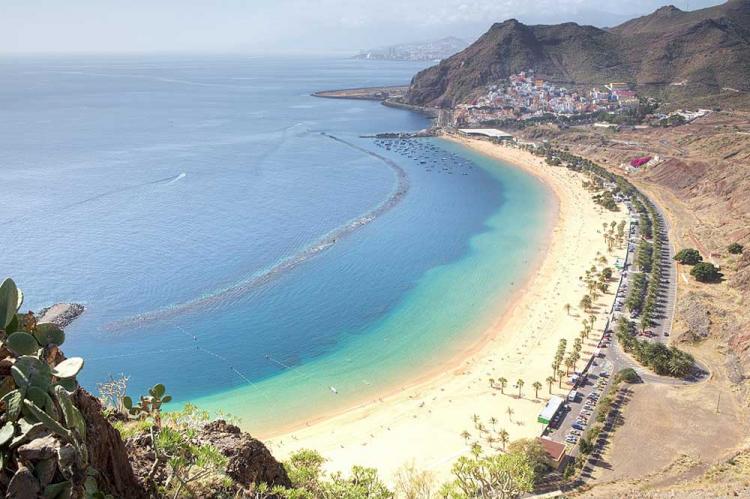
The Canary Islands (Spain)
According to the historian Pliny the Elder, the Mauretanian king, Juba II, named the island Canaria because it contained “vast multitudes of dogs of very large size”. King Juba II is credited with discovering the islands for the Western world, finding them uninhabited, but with “a small temple of stone” and “some traces of buildings”. According to the Encyclopedia Britannica, the original inhabitants of the Canaries were the Guanches. Now assimilated into the general population, they were a Berber people who were conquered by the Spanish in the 15th century. Between 1478 and 1496, a conquest carried out directly by the Crown of Castile during the reign of the Catholic Monarchs came to an end with the dominion of the island of Tenerife, bringing the entire Canarian Archipelago under the control of the Crown of Castile, which later united with the Crown of Aragon to form the kingdom of Spain in the 18th century. The seven main islands that make up the Canary Islands are Tenerife, Fuerteventura, Gran Canaria, Lanzarote, La Palma, La Gomera and El Hierro. There are many smaller islands and islets like La Graciosa, Alegranza, Isla de Lobos and others. Today, the group of islands collectively houses a population of over two million and is a very popular destination for tourists and vacationers across the world.









